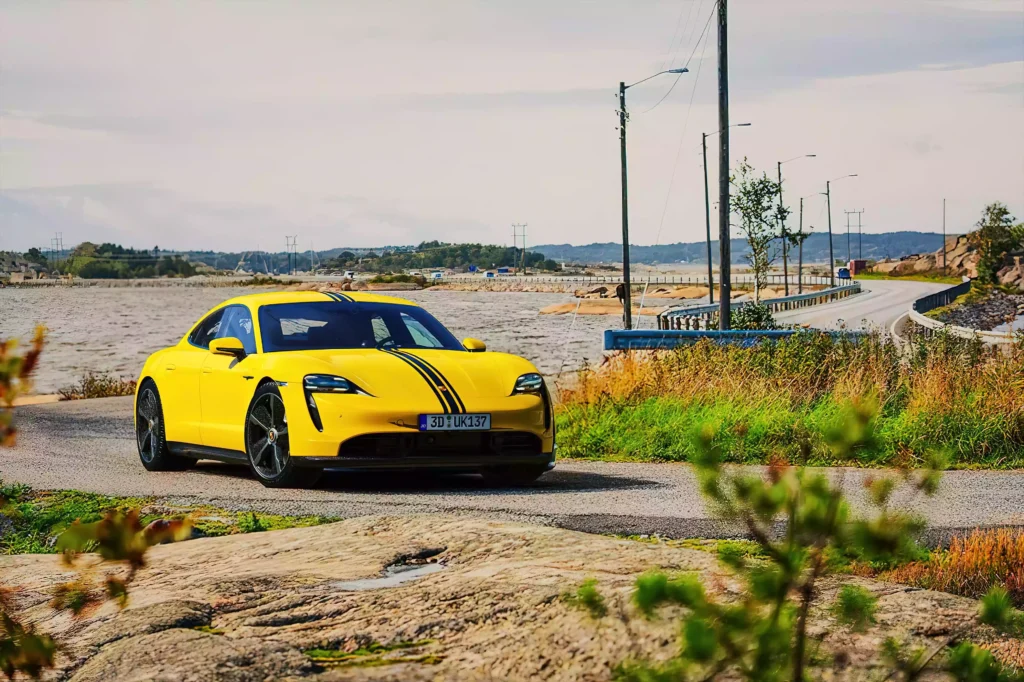HDRIs, Backplates & Realism: What We Use to Set the Scene

Regarding high-end 3D rendering, realism is more than just clean models and sharp textures — it’s about placing your subject in a believable world. At 3D CGI Studio, we rely on a powerful combination of HDRIs, backplates, Regarding high-end 3D rendering, realism is more than just clean models and sharp textures — it’s about placing your subject in a believable world. At 3D CGI Studio, we rely on a powerful combination of HDRIs, backplates, and meticulous scene integration to create renders that feel convincingly real, not computer-generated.
But what exactly are HDRIs and backplates? And how do they impact the look and feel of a final render?
Let’s break it down.
What Is an HDRI?
An HDRI (High Dynamic Range Image) is a 360-degree panoramic image that captures the full range of light in a real-world environment, including shadows, highlights, and subtle light shifts.
We use HDRIs to:
- Light the scene naturally, with realistic reflections and color bleeding.
- Match the mood and tone of real locations (sunset, overcast, studio lighting, etc.).
- Ground the 3D object in a physical context, especially when paired with a matching backplate.
HDRIs provide lighting and reflections that are hard to fake, giving your scene a giant leap toward photorealism with minimal setup.
💡 Pro Tip: Not all HDRIs are created equal. We rely on high-resolution, properly calibrated HDRIs from trusted sources like CGIBackgrounds (CGIB) and HDRI Haven, ensuring accurate lighting and sharp reflection details.
What Is a Backplate?
A backplate is a high-resolution background image captured from the same camera position and location as the HDRI. Think of it as the visible environment behind your 3D model — often a road, parking lot, rooftop, or city scene.
We use backplates to:
- Seamlessly integrate 3D models into a real photo.
- Ground vehicles, products, or architecture in context.
- Create visual consistency between background, lighting, and reflections.
Together with HDRIs, a backplate ensures your render doesn’t float in a void — it exists in a world.
How We Match HDRIs and Backplates for Perfect Realism
The magic lies in the alignment. Here’s how we approach it at 3D CGI Studio:
- Select a high-quality HDRI + backplate set, preferably shot with calibrated camera gear and lens data.
- Match the virtual camera in Blender or 3ds Max to the real-world backplate camera (focal length, sensor size, angle).
- Align the 3D model on a shadow catcher plane that blends with the ground in the backplate.
- Use HDRI lighting to cast realistic shadows, reflections, and ambient light.
- Fine-tune shadows, exposure, and color grading in post-production for a perfect match.
Even professionals have trouble distinguishing our renders from real photographs when done correctly.
Why It Matters to Clients
Whether you’re launching a new motorcycle, pitching a building design, or marketing a product online, visual realism builds trust. You know you’ve won their attention when a potential customer can’t tell if your 3D model is real or rendered.
- For automotive brands, it means showcasing vehicles in real locations without costly photo shoots.
- For architects, it means placing unbuilt designs into real environments for client approval.
- For product designers, it means visualizing a product in action, before it exists physically.
Our Favorite Tools & Resources
Here are a few go-to platforms we use to source or build our environments:
- CGIB / CGIBackgrounds.com – Industry-grade HDRIs & backplates for automotive and product rendering.
- Poly Haven (formerly HDRI Haven) – Free, high-quality HDRIs.
- Custom Capture – We also create our HDRIs and backplates for custom client scenes.
Final Thoughts: Realism Is in the Details
A model without context is just geometry. But with the proper lighting and background, it becomes a story. At 3D CGI Studio, we aim to create that story — one frame at a time — using the best tools and techniques in the industry. Looking for ultra-realistic renders for your next project?
Contact our studio and let’s build something stunning together.
